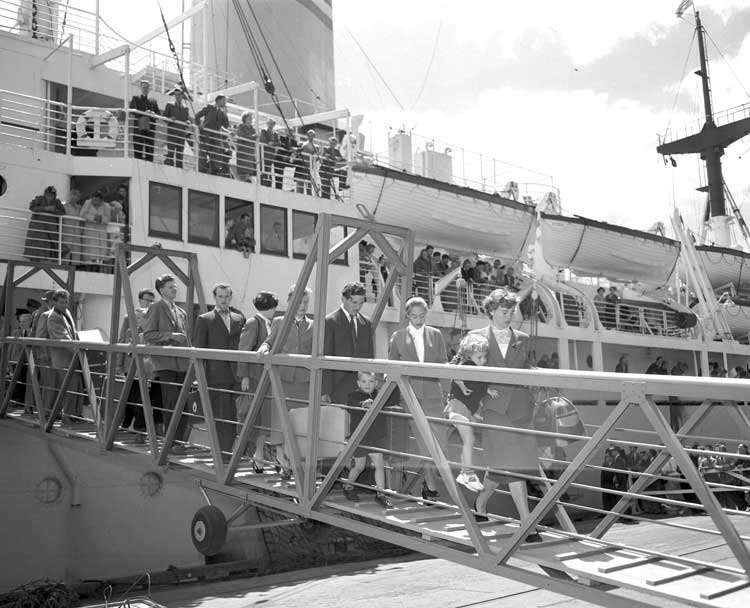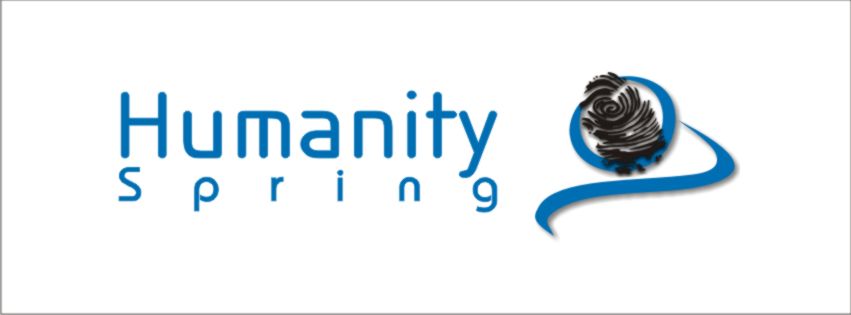
A conflict is in full swing. This one is unconventional and silent. Jumping off dinghies into the safe passage granted by MSF’s rescue boats, many migrants are unaware of what awaits them in the lands their feet will be set upon. For many, it will be a journey filled with adventures; euphoria and depression. Many will never figure out why? It is widely known that the migration influx the world is currently facing is a problem and concerns different sections of functional societies such as welfare, healthcare and education. It is easy to count the number of migrants arriving on whatever part of the world today; and depending on your personal disposition, a lot of “saved” migrants or a few selected “skilled migrants” in your country may give you a good night’s rest. But the job is not over yet.
The real welcome party is not in the state banquet halls as we see on TV. Understanding how each individual migrant appreciates and interprets the world differently from what we are accustomed to is a good primary gesture of hospitality. Indeed, migrants have a lot to learn in adapting to their new family, society or country. The hosts sometimes unfortunately cheat themselves of a great opportunity to entice an undiscovered corner of their tongue’s palate with the cooking of their neighbour, or to learn a simple phrase in another language, or to understand finally that virtues such as courtesy can mean different things in different cultures. For the lucky ones who slide in cleanly to a culture that is identical to theirs, life smiles at them. For the rest, it will be a tough and silent war dangling between sociocentrism and egocentrism.
Forcefully driven from the calm of their homes by violent wars and economic depression, crushed by impermeable receptive government systems in the new lands they find themselves in, many migrants are unaware of what awaits them on the other side of the ocean. The thought of staying behind and dying from a shrapnel wound would definitely cross the minds of many as a better option for them than the cold welcome many of them receive.
Perhaps what I am attempting to describe is the familiar term “micro-integration”. Beyond proudly flashing manicured statistics in front of the world on the number of migrants or refugees received, every citizen of hospitable countries has a role to play in making these victims of the cataclysms of war feel at home and at ease. It will not be easy. This means sharing and exchanging cultural experiences despite the human instinct to feel that our own culture is superior. Germany warmly welcomed over a million refugees in 2015 alone and other countries are following suit. Until the tags of “refugees” and “migrants” are removed from individuals and people, these victims will always feel like they are walking on eggs in these countries.
In large metropoles, some micro communities of nationals are fond of expressing their original cultures-home is where the heart is. Many countries have several “chinatowns” for instance. For European countries facing immigration issues, it will be good to remember that while many European cultures tend to be egocentric, they can still live side by side with their new extroverted neighbours who call each other’s names from across the street and who cross these streets where the road is not marked in white stripes. It should be an advantage for everyone to enjoy this cultural exchange so that the wounds of war can heal in all of us.
It might seem that we are fast approaching the cusp of globalization and with it increased human travel and displacement-this is not completely true from a historical standpoint. But while borders, homes and hearts are opened in welcome embrace, we must also be prepared to finish the job by completely accepting people as they are.
It is as wrong for us to expect migrants to become us as it is for them to expect their hosts to become them. It should be clearly stated that the truism “when in Rome, be like the Romans” remains etched on golden tablets. This should guide our relationship with the humans we meet every day. No one is a “migrant” anywhere. We all are truly at home wherever the Sun beams, for we are here on earth already. Migration is natural. Any ornithologist or one who hasn’t lost their ability to understand animal communication will understands that birds, buffalos and many other animals migrate for completely natural reasons; because they sense impending danger, when in search of fresh grazing land or for reproduction. It seems that as modern humans who have had their feet separated for a long while from the soil and having been needlessly shielded from the elements of nature has resulted in making us ignorant of who we truly are and our place in nature seems to be fogged. Why should humans be denied this simple right to pass when birds and buffaloes migrate when nature instils in them the need to do so? What a comedy!
There is nothing further than the truth in assertions which declare that migration is uniquely a 21st century problem. This stems from pure naivety. Migration has always been part of the human heritage just as it is with various animals. It might have only just gotten more convenient with modern technology. And while some borders, homes and hearts remain adamantly closed, people will soon migrate to Mars in due time-it is to such people that we credit most of the successes in addressing this migration problem. We all must be prepared to accept people as they are or we can choose to spend more money on libel and suits for issues that could be solved simply by taking off your shoes while entering the home of your new Japanese neighbour who has just arrived when your intention was to simply say your courteous “hello”. Let’s allow ourselves to have an understanding of other people’s culture and permit them to understand ours too because our time is brief on this planet. Without this, you risk living in a “village” and assuming that you know something about the world by performing a google search on your MacBook.
If time portals existed, and a metropolitan Lagosian was transported in the time it takes to snap your fingers to a suburban Swiss village; simply living his interpersonal reality in this new serene environment he has found himself in is likely to earn him a diagnosis of mania or at least an arrest warrant for “disturbing the peace”. Never mind this could be for yelling greetings to passers-by from across walking paths to Swiss farmers-most Lagosians are loud by nature.
It is a beautiful thing that our generation have put ourselves out in the open. Risk taking is not a phrase for us anymore, it is our reality. There is no risk in saying hello to another human. We might just need to learn how to do it appropriately. We have crossed the “mental” borders created by popular media and forged tight bonds with people we had been conditioned to loathe. For this, we always pay a price. No matter what this price might be, deep within, we know that it is a cheap price to pay for the honest, peaceful and just development of every corner of the globe. Nothing teaches us more about human dignity and executed equity by ourselves than through cultural exchanges that are anything but lying on the couch and reading a Wikipedia page on the Himalayas. If you want to discover the Himalayas and cannot afford the trip, talk to your Nepali neighbour. The world seeks to be understood for what it is. This is the reason the world changes every morning-simply so that we can rediscover it. We, I, you, and everyone is welcome anywhere the sun shines because even if the sun is not shining where you are right now, it will not be long before it does so again.
Image credits: www.voicesofyouth.org & www.londoniguide.co.uk

